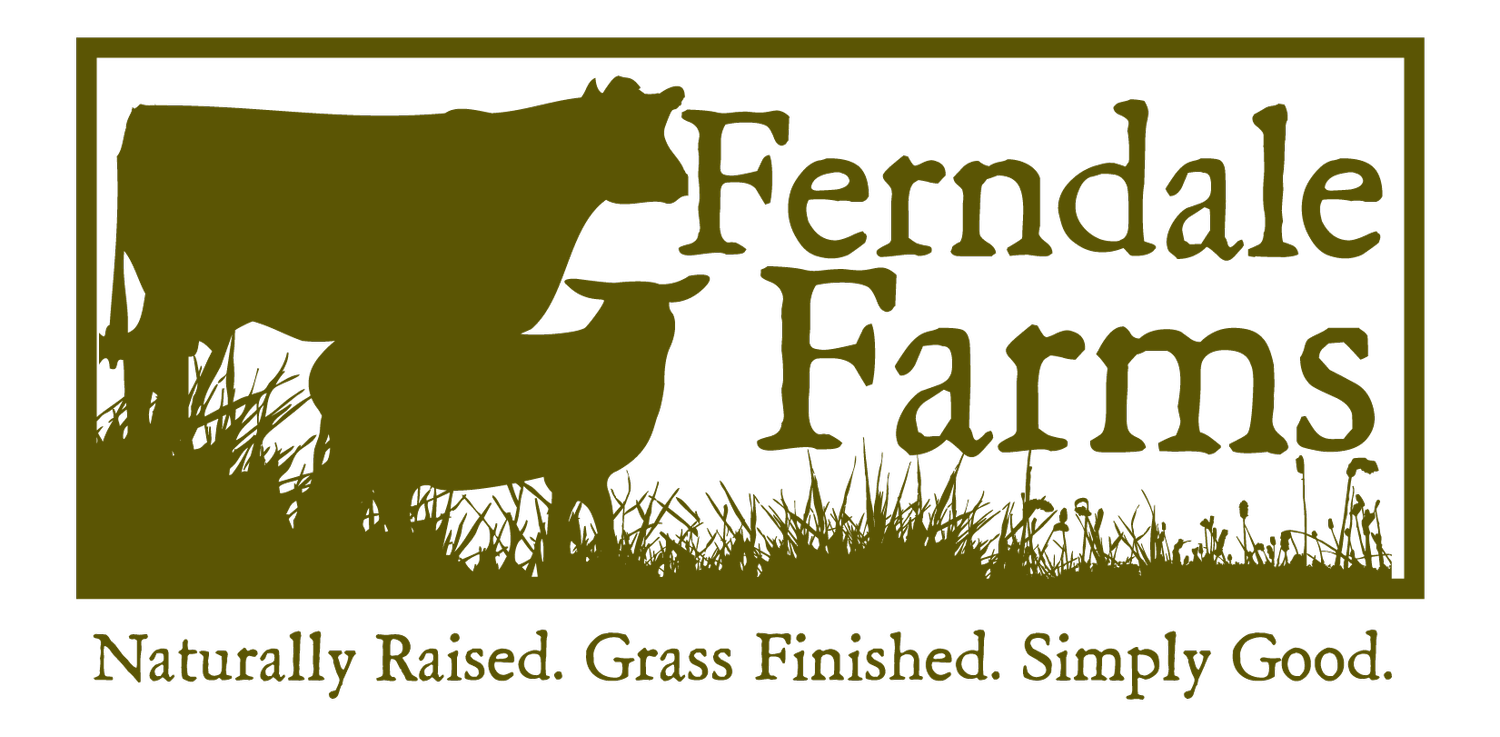We are committed to farming with nature, producing contented, healthy animals and great food.
Practices
We use the farming practices and expertise built up over five generations. We grow clover to build soil fertility in a natural way.
We realize the need to increase efficient and resource friendly production while protecting our environment. This helps enhance the plant life on the property and to improve soil, organic matter and habitats for wildlife. Animals are born, grown and fattened with the seasons. We use pasture rotation, controlled grazing, natural fertilization, and water source management – a low-energy, environmentally sound approach to raising livestock.
We have a true commitment to tree planting, stream restoration, excellent animal welfare standards, and proactive yet low-input animal health. We have a role in protecting the environment, ensuring that we safeguard our natural resources for future generations, while maintaining high productivity levels in an efficient manner.
Certified Partners
Six Rivers Certified Land
Ferndale Farms raises animals on land that is protected under conservation easements and has been certified by the Six Rivers Initiative.
The landowners have committed to working in balance with nature, so that through agriculture they can continue to provide regenerative benefits to the land, our family, and the community at large.
The Six Rivers Initiative is a local grassroots voluntary member association of private land stewards, supported by community members and service providers who have joined together to bring culture, economies and ecology into balance.
Climate Beneficial Ag
Ferndale Farms is certified “Climate Beneficial” through verification of the following practices:
Increased Soil Organic Carbon levels; enhanced biodiversity by providing habitat for pollinators, birds, and many species; improved the water-holding capacity of the soil; restored healthy ecosystems, from the soil microbiome to nutrient cycles; and provided measurable climate benefits, quantified by open-source data tools
The verification is through a non-profit organization called Fibershed that develops regional fiber systems that build ecosystem and community health.
Carbon Farm Plan
In collaboration with the Humboldt County Resource Conservation District, the Carbon Cycle Institute and Point Blue Conservation Science, Ferndale Farms has prepared a Carbon Farm Plan to implement carbon-beneficial practices with the goal of achieving a negative carbon footprint. Existing practices include prescribed grazing, range planting, and mulching, all of which enhance carbon storage. Within the plan are recommendations and guidance for new practices to put in place for the future of our farm. Our legacy depends on how well we serve our community, and that depends on how well we take care of our soil.
FAQs
What do the animals eat?
Our sheep and cattle primarily eat our natural grasses but also forage herbs, weeds, tree and shrub leaves. They are NEVER fed grain or grain substitutes.
Are the animals raised on pasture?
All of our animals are born and raised and spend 100% of their life on open pastures. They NEVER see an enclosed feedlot.
How are the animals handled and treated?
Our livestock are given plenty of space and fresh air. They are raised in conditions that reflect their natural behavior in herds and flocks. Low stress handling is prioritized as it results in happier animals and a superior end product.
Where is Ferndale Farms?
Ferndale Farms is located in the Eel River Valley in Humboldt County. It is on the far north coast of California.
Are any hormones or antibiotics used?
Happy and healthy animals do not need routine antibiotics. We only treat with medicine when absolutely necessary and the animals life is in danger; this is extremely rare. Our animals never receive artificial hormones or other growth promotants.
Where is the meat processed?
Slaughter and further processing is done humanely and under USDA inspection at Redwood Meat Co. in Eureka, CA.








